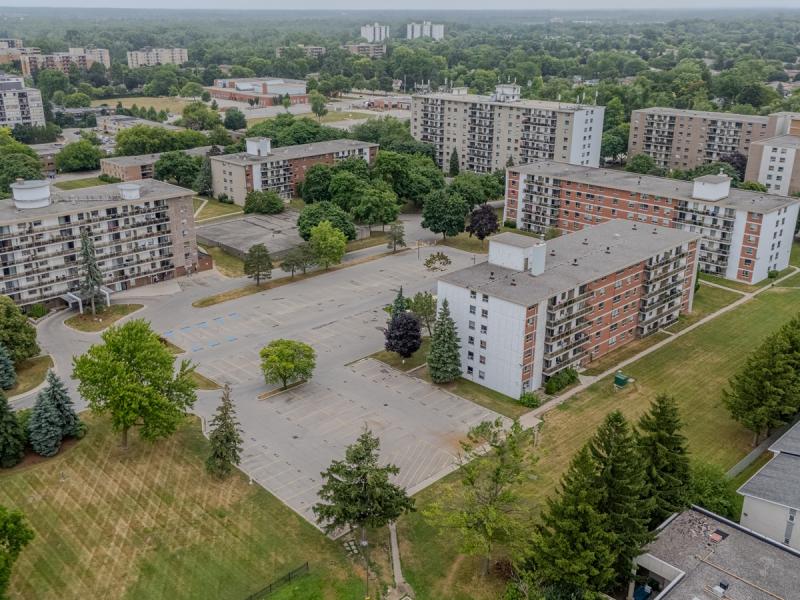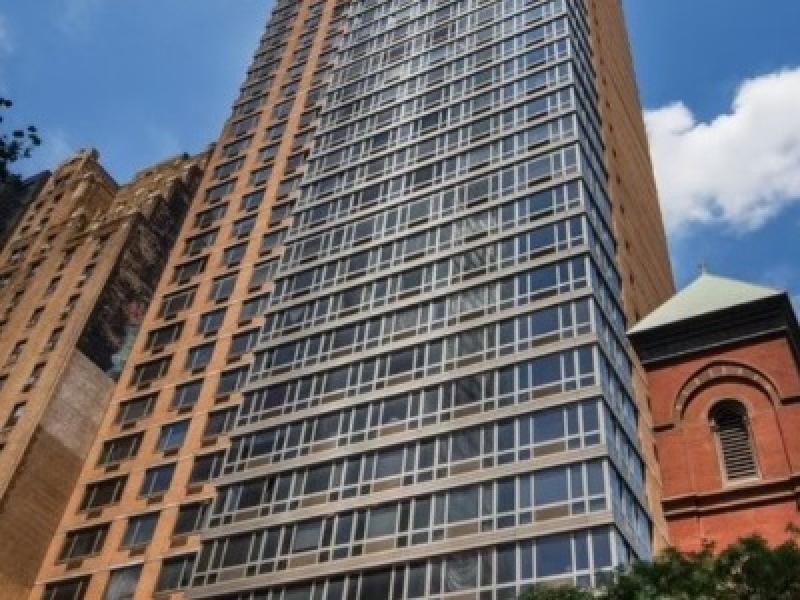
Scott Figler, JLL’s national manager, research, capital markets. (Courtesy JLL)
Investment volumes in Canada in the first half of 2020 reached $16 billion, down by about 20 per cent from 2019 as buyers and sellers generally remain far apart on asset pricing, according to JLL‘s Canada Investment Outlook – Mid-Year 2020.
“Most sellers are well-capitalized and unwilling to sell in a downturn or to offer a ‘COVID discount’,” the report states. “The very logistics of touring assets has been a challenge and contributed to friction in the marketplace. The resulting lack of comparables makes it even more difficult for groups to assess and agree upon value.”
The report says acquisition lending activity has slowed in line with the slowdown in overall investment activity. However, this has been offset by an increase in refinancing activity by borrowers looking to take advantage of lower mortgage loan rates.
Moving into Q3, JLL said lenders are increasingly open for business after largely halting new commitments in the second quarter.
Allocations continue to view multifamily, industrial, and essential retail (grocery- and pharmacy-anchored) as favourable, while lenders are reluctant to finance hotel and non-core retail.
Canada’s CRE market “on pause”
“I would describe (the commercial real estate market) as on pause, but I would also say that there’s definitely pent-up pressure for things to start happening,” said Scott Figler, JLL’s national manager, research, capital markets, in an interview with RENX.
“I see the investment market like the stock market, where values might fall but at some point someone’s going to look at the value of a building and say, ‘Wow that’s really a heck of a deal.’ I think we’re approaching that point.
“There’s a lot of investors that are wanting to buy. The main issue right now is that buyers are expecting a discount and sellers are not expecting to give a discount and they’re just wanting to ride it out.
“The sellers think that asset prices, like the stock market, are going to reach their market peak very soon so they don’t see any incentive to sell at a discount.”

Matt Picken, managing director and national lead, capital markets, JLL Canada. (Courtesy JLL)
Matt Picken, managing director and national lead, capital markets, JLL Canada said plenty of capital is chasing “beds and sheds” – multifamily residential assets and industrial real estate.
“Amazon and other e-commerce giants are really expanding their footprint,” said Picken.
“In multifamily, people need places to live and if things get really bad I would suggest that people will turn to renting more than ownership. Those are the most resilient sectors. I would call those green lights.
“Red light right now would be hotels. It would include enclosed retail in which there aren’t many anchors or big covenants. It would be certain seniors properties. . . . Yellow light would be office. When I say yellow light, it’s because we just don’t know what the future of office is going to look like.”
Record expansion comes to end
The JLL report said 2020 has ended the longest market expansion since the Second World War.
Figler said total Q1 2020 investment was about $9 billion, with about $7 billion in Q2 when the COVID-19 pandemic took hold. In the last few years, total annual investment in Canada was in the $47-$50 billion range.
“Just from our conversations with investors, a lot of people want to get into the game right now,” he said.
“I think we’re going to start seeing that things are going to thaw a little bit. It’s hard to say where we’re going to end up, but I think we’re pretty optimistic about the third and fourth quarters of the year.
“We’re starting to see this geographic split in the country where Western Canada has really kind of slowed down. It used to be just Alberta but the last 12 months we can probably throw the Vancouver market in there.
“When you look at the panorama of the country, it really is kind of Eastern versus Western Canada right now.
“Montreal continues to be a pretty hot investment market and the reason is that you can get assets at really good fundamentals, fairly low vacancy, strong demand.
“You can get that in Montreal at cheaper pricing than you can find in Toronto.”
He said many institutional investors want to remain active in Ontario and Quebec.
Here’s a 2020 retrospective of Canada’s six largest urban markets:
Toronto
Investment sales in the Greater Toronto Area reached $5.5 billion for the first half of 2020, about half the pace of the previous three years. The most heavily traded property type was development land, with $1.7 billion in liquidity.
“We should point out that most 2020 sales are based on agreements reached before COVID, so the full impact on the investment market is only beginning to be reflected in the data,” said JLL.
“There is ample appetite on the buyer side, especially from private groups who see the downturn as an opportunity to gain a foothold in Toronto’s highly competitive investment market.
“However. owners are reluctant to sell, as many are confident that pre-COVID values will be restored at some point.
“At any rate, many owners are focused less on portfolio culling than on asset management, as they reconfigure their spaces to comply with social distancing guidelines and work with tenants on rent collection agreements.”
Montréal
Despite being the hardest-hit Canadian city during the pandemic, JLL predicts Montréal will continue to appeal to investors looking for an attractive blend of fundamentals and yields.
“Population growth is expected to be flat for the next two years, but with a highly diversified economy and a young and educated labour force, Montréal is in position to absorb the shock better than most major North America cities,” said the report.
“Montréal is coming off a record year that saw its investment market hit nearly $9 billion in liquidity, almost doubling the previous record. So far this year, the market is showing its resilience with over $2.8 billion in investment volume halfway through the year.
“Office continues to be the most coveted sector with over $1 billion in sales. Multifamily ($580 million), industrial ($540 million) and retail ($425 million) are following suit.”
Vancouver
The JLL report says investment volumes in Vancouver totalled $2.3 billion so far, with the most liquid sector being land ($747 million), followed by industrial ($497 million), multifamily ($382 million) and office ($380 million).
“Vancouver has now gone four consecutive quarters with investment volumes falling well below its 10-year quarterly average of $1.6 billion. Inflated asset values combined with the uncertainty of the pandemic have dramatically slowed the city’s investment market,” said JLL.
While there is uncertainty in the short term, in the long term Vancouver remains well-positioned, it added.
Ottawa
Investment volumes in the nation’s capital reached $670 million for the first half of 2020. Ottawa’s three-year run of topping $2 billion in total sales will probably come to an end, said JLL.
Overall, however, conditions continue to attract attention.
“On an encouraging note, several high-profile transactions closed in the second quarter, suggesting that investors are not scared away by the pandemic,” it said.
Calgary
Calgary’s commercial real estate market continues to struggle with a double whammy – the economic fallout of COVID and low oil prices.
At the midpoint of 2020, investment volumes in the city reached only $890 million. Industrial ($325 million) and development land ($170 million) have led the way.
“In this current dynamic, 90 per cent of Alberta’s oil rigs are sitting idle and many won’t be recertified. Calgary’s tourism industry is also facing immense challenges through the pandemic.
“With international passenger traffic on hold, resorts in the Rocky Mountains have seen their clientele shrink dramatically,” said JLL.
Edmonton
Investment in commercial real estate in the first half of 2020 was driven on the most part by a strong multifamily sector, pushing sales to over $1 billion.
“Edmonton city council has voted to eliminate minimum parking requirements for new projects, giving developers more discretion and paving the way for more walkable development patterns,” said the report.
“This move has been widely cheered by a broad coalition of stakeholders: developers are happy to have more control and more income-generating floor area, while urbanists applaud it as a measure that will create more walkable spaces and mitigate traffic congestion.”











